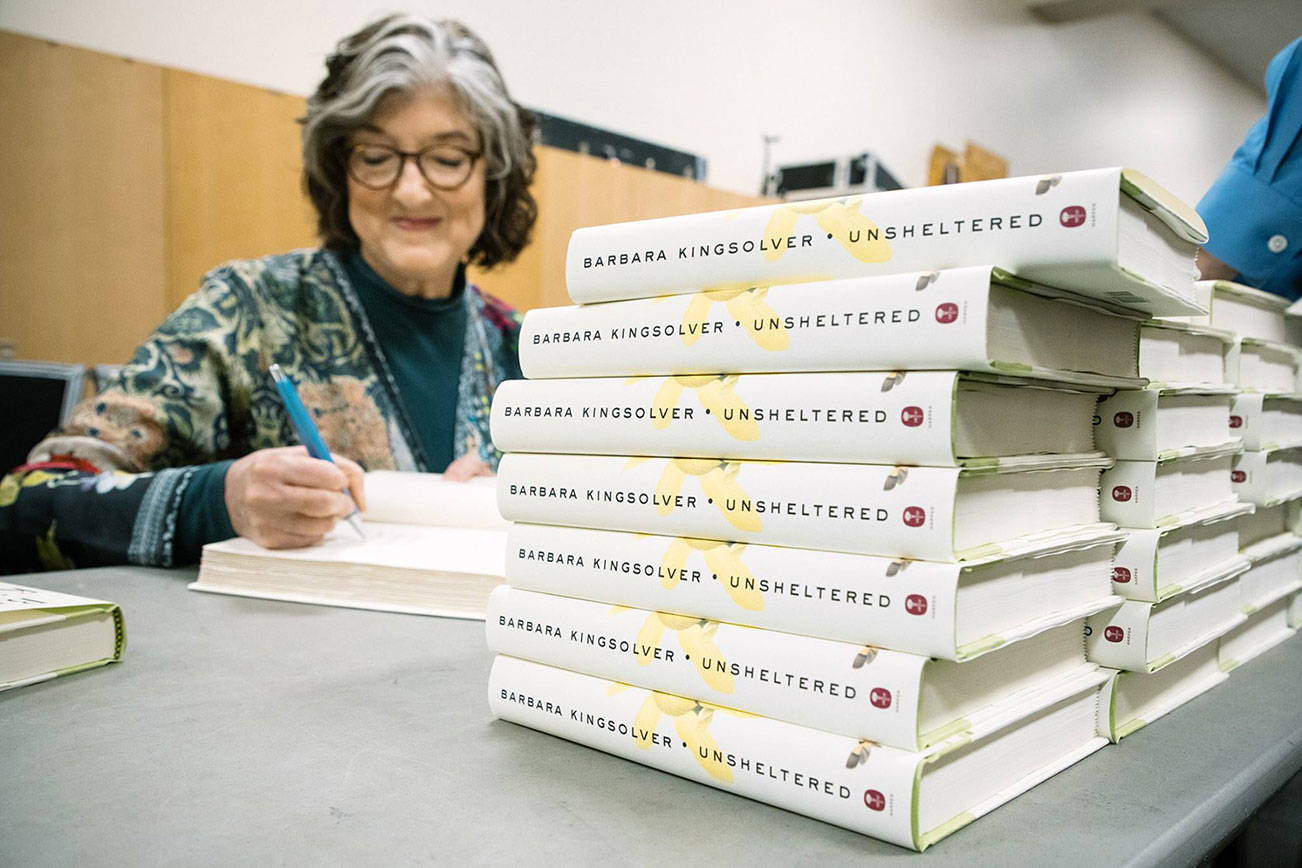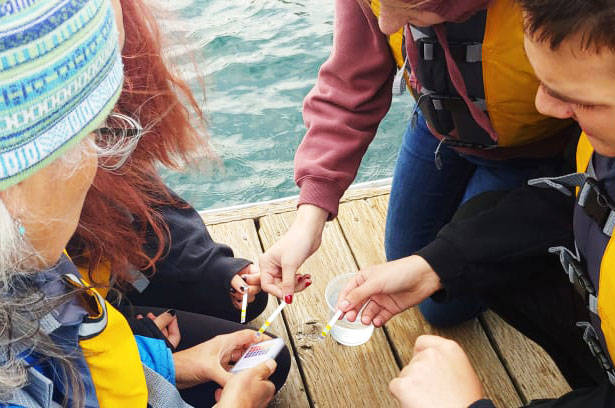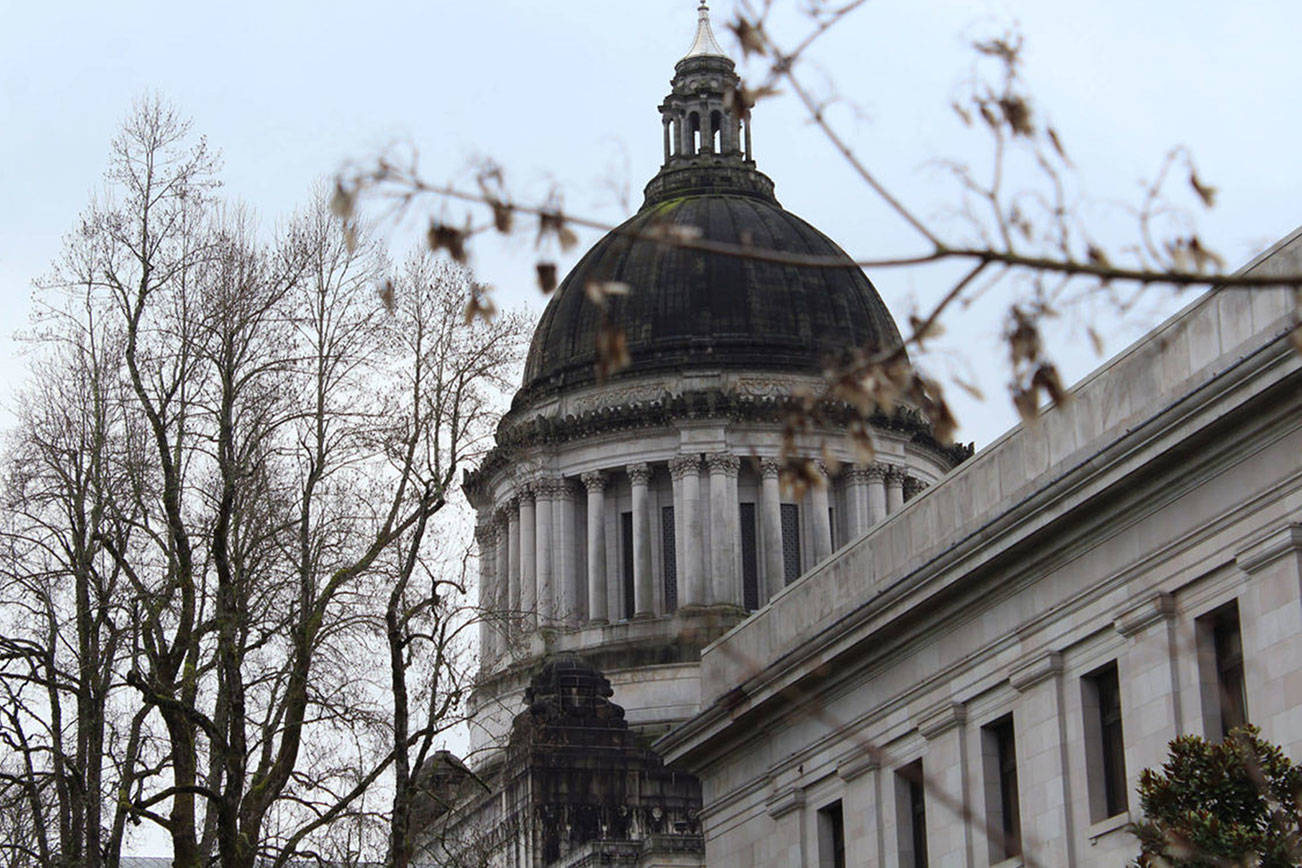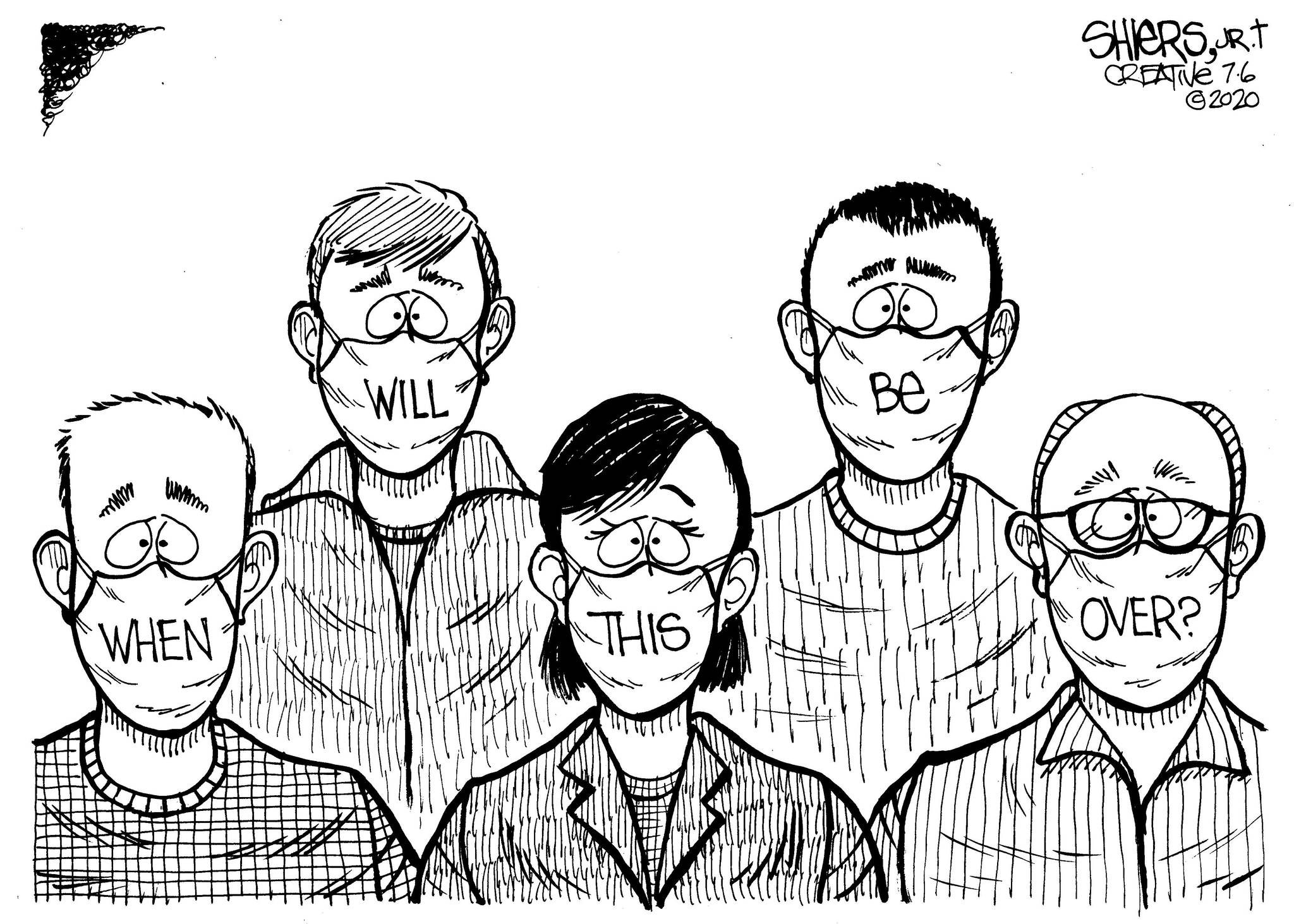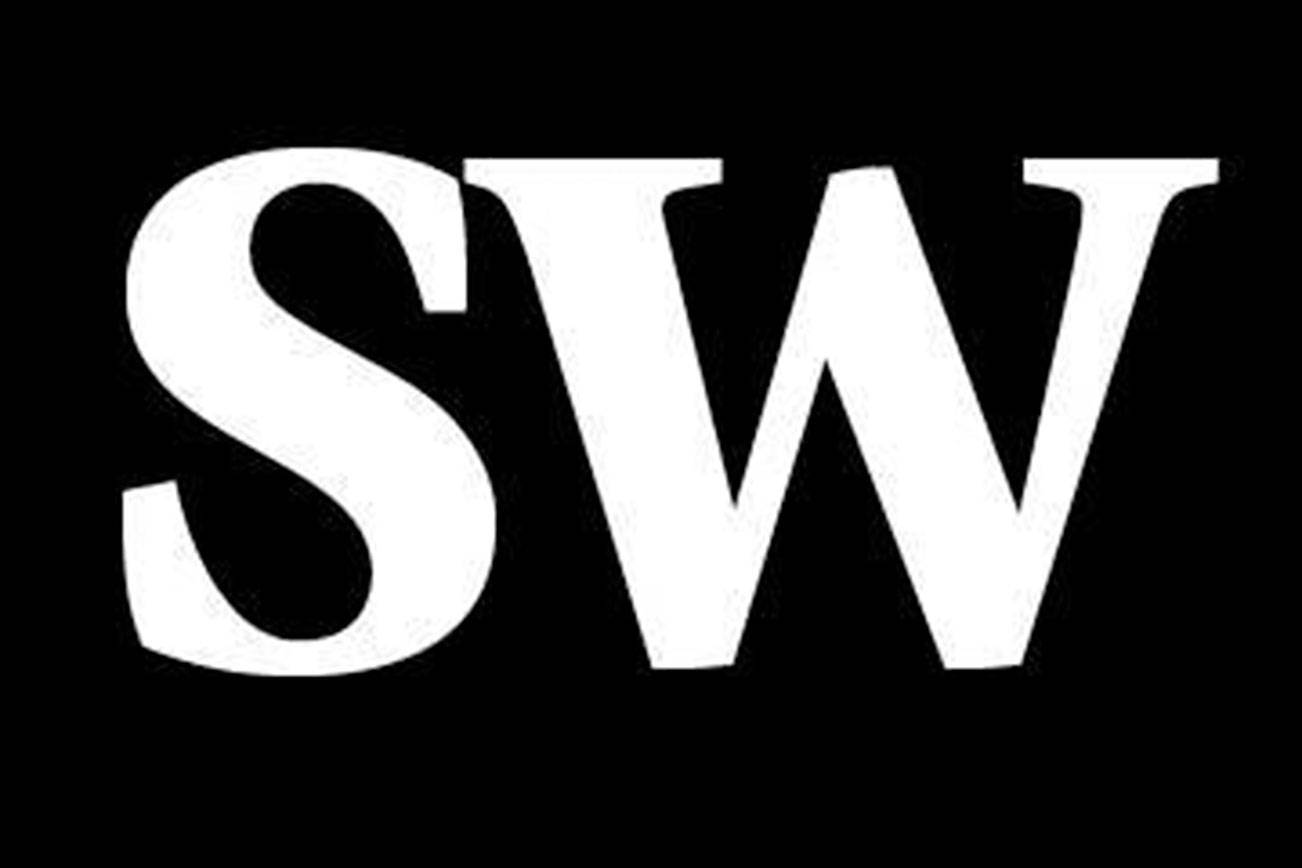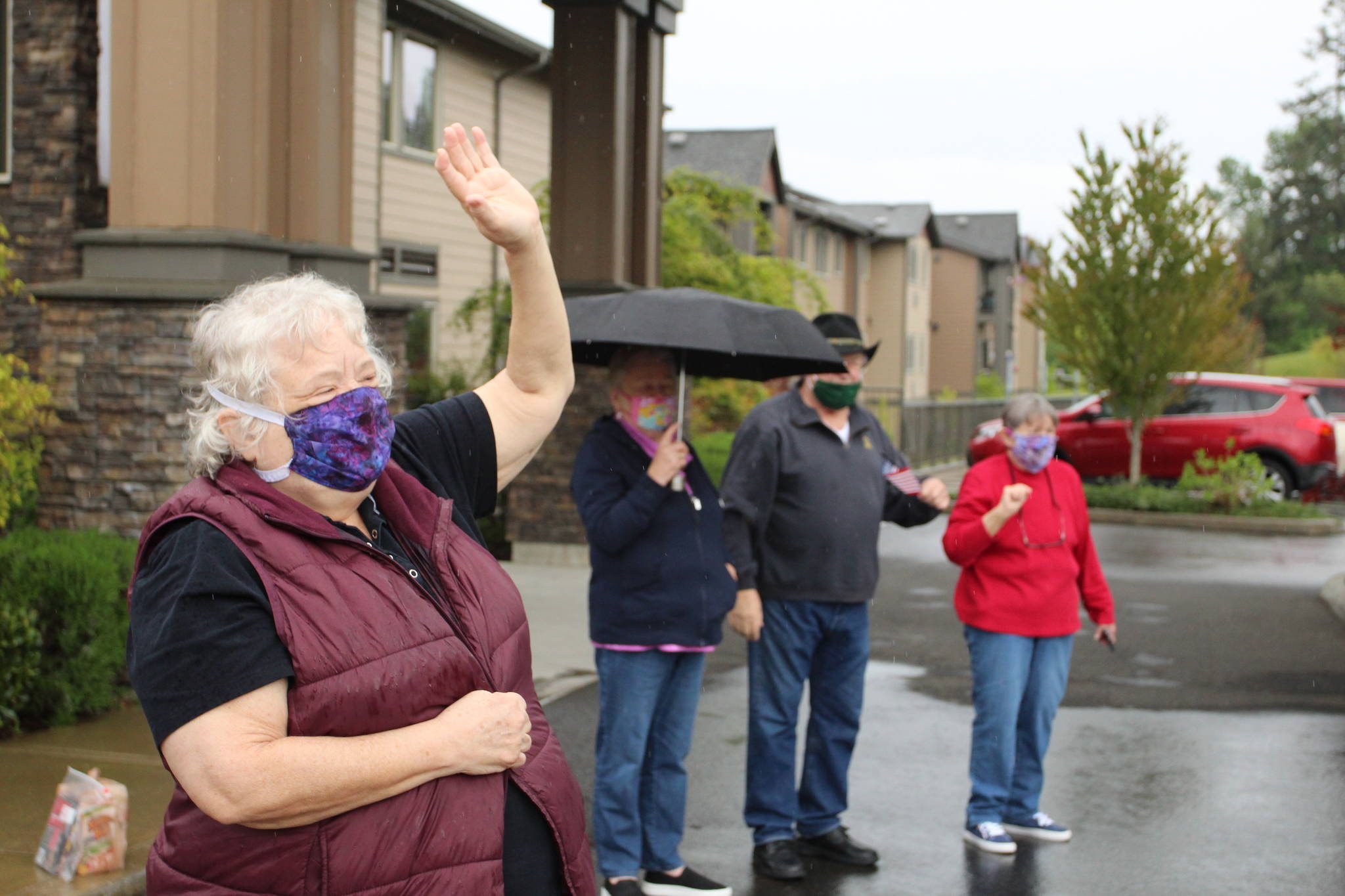On Oct. 25, Seattle Arts and Lectures brought author Barbara Kingsolver to Seattle. I am a Jewish mother who joyously looked forward to sharing this event with my daughters. We had all read many of her books. We were fortunate to be there in a full house at Benaroya Hall.
Two days later, on Saturday, the Sabbath, while congregants were praying, a heavily armed gunman charged into the Tree of Life Synagogue in Pittsburgh and murdered 11 Jewish congregants. Six others were injured, including four police officers, an additional congregant, and the gunman. Little did I know that Barbara Kingsolver’s insights would offer me the hope I so desperately needed to restore balance to my distressed psyche.
The impact on our local Jewish community is great. As a Jew in Seattle in 2006, I remember when our own Jewish Federation was attacked by a young mentally ill man who had manipulated his way into their locked offices. One prominent Jewish woman leader was killed, and six others were injured. One staff member is still confined to a wheelchair. I have seen countless guards at my own synagogues and at Jewish community gatherings. My children’s Jewish school had an armed guard at the entrance and later built a tall locked chain-link fence to further secure the school.
Yet there is always solace in the Jewish community. Our rabbi, Rabbi Olivier BenHaim, wrote an emotional and hopeful letter to our fellow congregants. There was a community candlelight vigil at Temple de Hirsch on the following Monday evening. Even Facebook posts from Jewish friends and leaders offered rays of hope and particularly one quote from the Talmud: “Do not be daunted by the enormity of the world’s grief. Love mercy now. Walk humbly now. You are not obligated to complete the work but neither are you free to abandon it.” I was personally comforted by many friends, both Jewish and not Jewish.
But my dear friend, Rabbi Sam Joseph, was in Pittsburgh both to celebrate his grandson’s birthday and to facilitate a seminar there. His wife, Dori, was there also. His younger daughter and her family had just moved there for her husband’s orthopedic residency. They were safe, meaning they were alive. One thing to understand about the Jewish community: we are very closely connected to the entire community and a tragedy to one is a loss to all.
How can I make sense of this? After all, I am a mental health professional who specializes in trauma treatment. I understand paranoia, projection, delusions, and gaslighting (hearing a false statement so repeatedly that one believes it is true). Especially when those statements are fanned from national leaders. Those of us with post traumatic stress disorder (PTSD) are triggered now and struggle for balance. I was greatly triggered by the shooting last year in Las Vegas because a close friend and her family barely escaped.
Barbara Kingsolver offered prescient insight for me last month. In her new book, “Unsheltered,” she explores how society and individual people handle change. She talked about R.E.M.’s song “It’s the End of the World as We Know It.”
In the midst of great societal change, we cannot afford violence, war, and division through all the “isms.” This author’s thoughts about how different people process times of big change provided me with a big picture view, which helps me. It’s not just the millennia-old anti-Semitism (although it is that), but the last gasps of a desperate minority to hang onto the old ways. I breathed a bit easier and made a therapy appointment to treat my trauma.
Barbara Kingsolver opened “Unsheltered” with a quote from Wallace Stegner: “After the final no there comes a yes. And on that yes the future world depends.” I pray we can say “yes” to honoring each other so that we can work together to save ourselves and our planet.
Mary Anne Balch Speigel, Seattle
